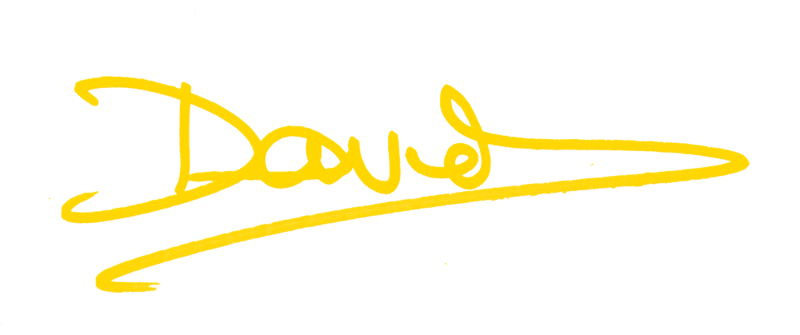I was pulling expectations at the start of a sales programme, and one delegate asked for “techniques that will stop us thinking we’re going to win a bid and then end up getting burned!”. He used a slightly different phrase, but you get the idea.
It took me back to when I used to produce health and safety videos in the oil industry aimed at tough, “been in the business 30+ years, I can take care of myself” old dogs with no appetite for new tricks. Health and safety? They didn’t need it. “It’s never happened to me.” One of my contacts for the research I did at the time gave me a phrase that I’ve not only remembered, but have constantly recalled to keep myself safe:
Accidents happen when you think you’re safe.
I recently ran a big engagement event: 60+ delegates, slightly ambiguous objectives, potential cynicism, and a totally new programme. Terrifying! I prepared the life out of it. Rehearsals, scripts, and almost constant reflection in the days leading up to the event.
On the other hand, next month I’ll be running a Presentation Skills course… and probably won’t give it a second thought till the day before.
Take off and landing
Obviously there’s a balance here. There’s no point agonising unduly about something familiar. But on the day before, it pays to just check all the things you think you already know. Rehearse how you’ll start, as that tends to be the danger zone – just like flying: take off and landing. Don’t take anything for granted, and then you won’t get ambushed.
I heard a story attributed to Clive Woodward and the Rugby World Cup Winners that connects to this. If they had a bad match and lost, they would go out and drown their sorrows. If they won, they would spend some hours analysing why and what they were doing well. The loss rarely needed analysis – it was obvious why the wheels fell off. The win was where the gold nuggets were.
For me, this has established two routines that I believe have kept me safe:
- Whatever the project or level of familiarity, I do a mental walk-through of the whole day. I imagine arriving, setting up, working through the agenda, the close of the day, and any follow up. This inevitably either highlights a gap in preparation, signposts something I’m unsure about, or reminds me of a material I need – that bloomin’ dongle to connect to the projector!
- As I go through the day, in the breaks, I mind-map what I am doing – as opposed to what I planned – and note anything that’s working well or falling flat. Months later, when I do this same course again, these notes are invaluable.
It’s great to be in your comfort zone, but it requires attention to stay there!

David Solomon
Managing Director, Sun and Moon Training
